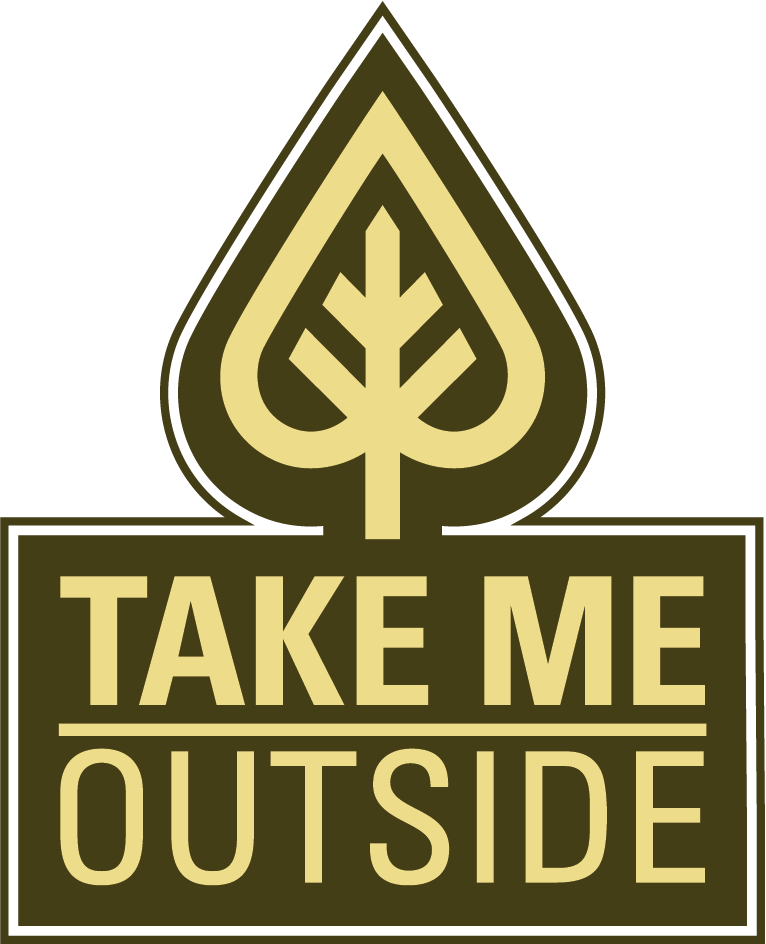44 results for group: post-secondary-educators
Nature Journaling as a Tool for Connection & Conservation
How can using an arts-based practice of reflection create a stronger ecological identity? We will make time to slow down and intentionally connect deeper to place through the practice of nature journaling.
How can a stronger ecological identity strengthen the overall resiliency of teachers?
How can the products of art practice act as an invitation to fellow educators to strengthen their connection and understanding of their sense of place?
Tipi Teachings and Balanced Living
Putting up a full size tipi with participants - learning about the history and the significance of the tipi.
Creating Reciprocal Relationships in Nature: Spiritually, Emotionally, Physically & Mentally
Kwe', this 75-minute workshop is packed with activities to inspire educators to embrace the simplicity of land-based education. Introducing a respectful approach to spiritually reconnect with nature; learn what natural clues to look for if you get lost in the woods; and enjoy a memorable way to embrace the beauty of the forest. Including an exhilarating take on sit spots, help expand our ideas with a knowledge building circle and take home some valuable resources to start or inspire your own outdoor adventures. Join us for some exciting immersive experiences in nature that you can practice with your own students.
Decolonized Indigenous Outdoor Learning – A Culturally Responsive Pedagogy
In 2022, after more than 15 years as an indigenous outdoor educator, I saw a need for a culturally responsive yet inclusive pedagogy. Through my own life experiences, talking with Elders in different regions of the country, and academic research I was able to create a culturally responsive pedagogy that I believe will be useful to educators that wish to support Indigenous learning and ways of knowing.
Participants will be introduced to the culturally responsive Indigenized outdoor learning model. The model includes: land based practices, community connection and cultural content. Group members will participate in relevant examples such as ceremony ...
Walking Together through Etuaptmumk/Two-Eyed Seeing
When we walk together in a good way we learn to see and know the world through two eyes. Nature has rights, and we have responsibilities as storytellers, educators, artists and advocates to use our gifts to protect Mother Earth. Engage in an interactive session exploring Etuaptmumk, the gift of multiple perspectives in the Mi'kmaw language also known as Two-Eyed Seeing. Weaving the strengths of Indigenous and non-Indigenous knowledges through the exchange of stories, learn more about how we came to co-create the picture book ""Walking Together"" (Annick Press), reading with all ages, including in a Land-Based Play and Co-Learning through Etuaptmumk/...
Lessons From the Land: Indigenous Food Sovereignty as Climate Action
Kâpapâmachakwêw-Wandering Spirit School (TDSB) has seen students thrive through the implementation of a land-based learning program centred on Indigenous food sovereignty and traditional foodways. This presentation is designed for educators who are eager to either establish or further develop a similar program. Attendees will learn ways to provide students with rich and authentic learning experiences by taking inspiration for their lessons from the land. It will specifically discuss urban school farming and our experiences of incorporating traditional Indigenous food ways in our land-based learning program. Participants will collaborate to co-cre...
Foundations of Water Education: A Water Literacy Education Certification Workshop
Join our Foundations of Water Education Certification Workshop and receive your own copy of our Foundations of Water Education: A Water Literacy Education Guide. I will introduce participants to water literacy principles by taking them through a couple of activities directly from the Foundations of Water Education Guide with a focus on climate change, environmental justice, equity, diversity, and inclusion. Participants will be given the opportunity to participate in activity discussions related to embedding local knowledge and Indigenous Ways of Knowing. A ‘walk through the guide’ and an overview of supportive educational resources from Project ...
A Workshop on Sharing Stories of Tiny Miracles
The stories we tell matter. Indeed, they are all that matter. And the stories of the earth as “natural resources” in the service of a growth economy abound. This is a workshop that shares the potential pedagogical power of reclaiming and sharing stories about the earth’s interwoven tiny miracles. The earth is sacred, and the miracles are everywhere. These miracles are not, however, usually in our story frames. As such, with wisdom from Joanna Macy and Molly Brown’s The Work that Reconnects: Coming Back to Life (2014), this workshop will ask participants to be with and share stories of the earth's interconnected miracles. We will gather to ...
Environmental Awareness Games that Work!
Under the banner of Environmental and Climate Change Education, we’ll go over 2-3 easy to set up games/activities that can be played or adapted to pretty much any age. These games can help students solidify their understanding of biodiversity, environmental awareness, and a general understanding of the interconnectedness of nature. These games and activities require little to no props, are easy and fun to play, quick and easy to explain. Get students moving and learning quickly and reinforce ideas about any concept. We will play "The Tree Game", "The Potlatch Economy", "Wiffle Ball Food Webs" and more!
Good-bye binary: Creating safe, affirming spaces in outdoor programs for trans and nonbinary children and youth
"We step into the forest or out onto the land and many of us feel like we belong. But do our gender-creative, transgender and nonbinary children and staff experience that feeling of belonging too?
In this workshop, participants will gain knowledge of the complex intersecting identities transgender, gender-creative and nonbinary children and staff hold, and how this impacts their experience in outdoor nature-based play and learning. Together, we'll discuss structural changes, inclusive and kind language, and how to navigate tricky questions and facilitate conversations with children. We'll re-imagine and share our strategies in play and story for ...




